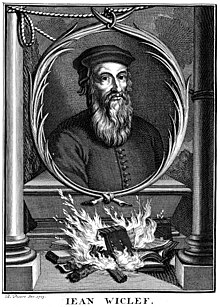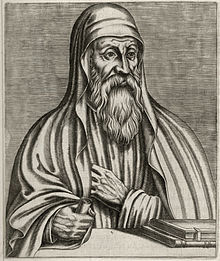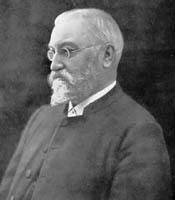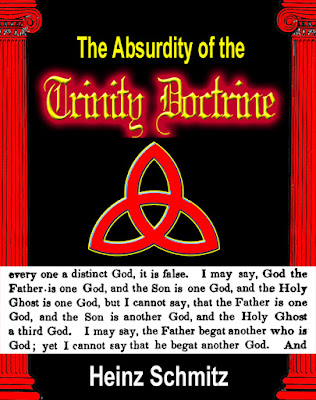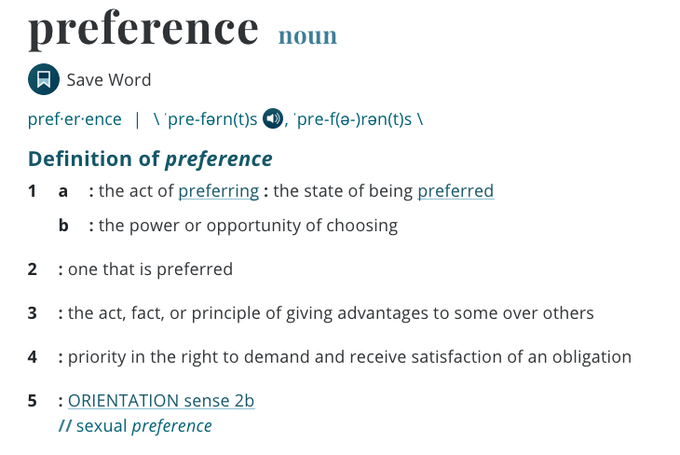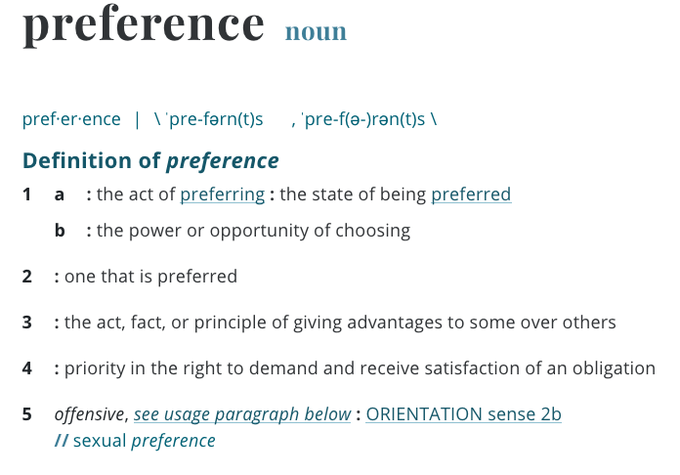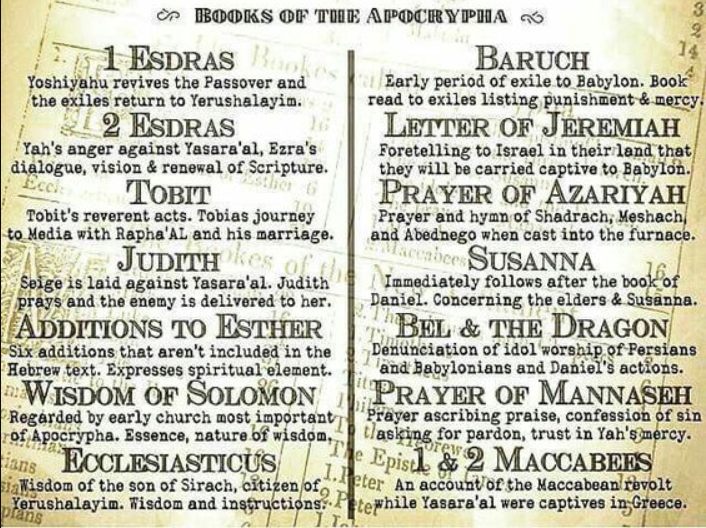
This day in history: Noah Webster established New York's first daily newspaper, American Minerva, on this day in 1793. Webster has been called the "Father of American Scholarship and Education". His "Blue-backed Speller" books taught five generations of American children how to spell and read. Webster's name has become synonymous with "dictionary" in the United States, especially the modern Merriam-Webster dictionary that was first published in 1828 as An American Dictionary of the English Language.
When critics complained it had too many vulgar words, he replied he took out two-thirds of the vulgar words in Dr. Samuel Johnson's dictionary, leaving out the words: arse, bum, fart and turd. He did keep the words: piss, boghouse, buggery, sodomy and catamite.
Webster was also responsible for leaving out excess letters, like the "u" in words like COLOURS in order to Americanize the English Language. He changed words like plough to plow as well.
One wonders what Noah Webster would have thought about the recent change of the definition of “sexual preference”. During the hearings for Supreme Court Justice, Amy Coney Barrett was accused of being “anti-LGBTQ” for saying it the words “sexual preference” instead of “sexual orientation”. "By that night, under its general listing for 'preference,' Merriam-Webster had added an 'offensive' warning before the part listing 'sexual preference.' 'The term preference as used to refer to sexual orientation is widely considered offensive in its implied suggestion that a person can choose who they are sexually or romantically attracted to,' the dictionary added in extra guidance on usage."
Source
Noah Webster also despised Shakespeare because his language was full of errors, and he even set out to correct (and clean up) the King James Version. For instance, where the King James Bible has "any that pisseth against the wall" at 1 Samuel 25:22, Webster's Bible simply used the word "male".
However, his revision of the King James Bible did not resonate with the public.
The reasons that led him to make "Amendments" to the Authorized Version are given in his own words in the preface, which reads:
The English version of the sacred Scriptures, now in general use, was first published in the year 1611, in the reign of James I. Although the translators made many alterations in the language of former versions, yet no small part of the language is the same as that of the versions made in the reign of Queen Elizabeth.
In the present version, the language is, in general, correct and perspicuous; the genuine popular English of Saxon origin; peculiarly adapted to the subjects, and in many passages, uniting simplicity with beautiful simplicity. In my view, the general style of the version ought not to be altered.
But in the lapse of two or three centuries, changes have taken place, which, in particular passages, impair the beauty, in others, obscure the sense, of the original languages. Some words have fallen into disuse; and the signification of others in current popular use, is not the same now as it was when they were introduced into the version. The effect of these changes is, that some words are not understood by common readers, who have no access to commentaries, and who will always compose a great proportion of readers; while other words, being now used in a sense different from that which they had when the translation was made, present a wrong signification, or false ideas. Whenever words are understood in a sense different from that which they had when introduced, and different from that of the original languages, they do not present to the reader the Word of God. This circumstance is very important, even in things not the most essential; and in essential points, mistakes may be very injurious.
In my own view of this subject, a version of the Scriptures for popular use should consist of words expressing the sense which is most common, in popular usage, so that the first ideas suggested to the reader should be the true meaning of such words, according to the original languages. That many words in the present version fail to do this, is certain. My principal aim is to remedy this evil.
The inaccuracies in grammar, such as which for who, his for its, shall for will, should for would, and others, are very numerous in the present version.
There are, also, some quaint and vulgar phrases which are not relished by those who love a pure style, and which are not in accordance with the general tenor of the language. To these may be added many words and phrases very offensive to delicacy, and even to decency. In the opinion of all persons with whom I have conversed on this subject such words and phrases should not be retained in the version. Language that cannot be uttered in company without a violation of decorum, or the rules of good breeding, exposes the Scriptures to the scoffs of unbelievers, impairs their authority, and multiplies or confirms the enemies of our holy religion.
These considerations, with the approbation of respectable men, the friends of religion and good judges of this subject, have induced me to undertake the task of revising the language of the common version of the Scriptures, and of presenting to the public an edition, with such amendments as will better express the true sense of the original languages, and remove objections to particular parts of the phraseology.
In performing this task, I have been careful to avoid unnecessary innovations, and to retain the general character of the style. The principal alterations are comprised in three classes:—
1. The substitution of words and phrases now in good use, for such as are wholly obsolete, or deemed below the dignity and solemnity of the subject.
2. The correction of errors in grammar.
3. The insertion of euphemisms, words and phrases which are not very offensive to delicacy, in the place of such as cannot, with propriety, be uttered before a promiscuous audience.
A few errors in the translation, which are admitted on all hands to be obvious, have been corrected, and some obscure passages illustrated. In making these amendments, I have consulted the original languages, and also several translations and commentaries. In the body of the work, my aim has been to preserve, but in certain passages, more clearly to express, the sense of the present version.
The language of the Bible has no inconsiderable influence in forming and preserving our national language. On this account, the language of the common version ought to be correct in grammatical construction, and in the use of appropriate words. This is the more important, as men who are accustomed to read the Bible with veneration, are apt to contract a predilection for its phraseology, and thus to become attached to phrases which are quaint or obsolete. This may be a real misfortune; for the use of words and phrases, when they have ceased to be a part of the living language, and appear odd and singular, impairs the purity of the language, and is apt to create a disrelish for it in those who have not, by long practice, contracted a like predilection. It may require some effort to subdue this predilection, but it may be done, and for the sake of the rising generation it is desirable. The language of the Scriptures ought to be pure, chaste, simple and perspicuous, free from any words or phrases which may excite observation by their singularity, and neither debased by vulgarisms, nor tricked out with the ornaments of affected elegance.
As there are diversities of taste among men, it is not to be expected that the alterations I have made in the language of the version will please all classes of readers. Some persons will think I have done too little, others too much. And probably the result would be the same, were a revision to be executed by any other hand, or even by the joint labors of many hands. All I can say is, that I have executed this work in the manner which, in my judgment, appeared to be the best.
To avoid giving offense to any denomination of Christians, I have not knowingly made any alteration in the passages of the present version on which the different denominations rely for the support of their peculiar tenets.
In this country there is no legislative power which claims to have the right to prescribe what version of the Scriptures shall be used in the churches or by the people. And as all human opinions are fallible, it is doubtless for the interest of religion that no authority should be exerted in this case, except by commendation.
At the same time, it is very important that all denominations of Christians should use the same version, that in all public discourses, treatises, and controversies, the passages cited as authorities should be uniform. Alterations in the popular version should not be frequent; but the changes incident to all living languages render it not merely expedient, but necessary, at times, to introduce such alterations as will express the true sense of the original languages in the current language of the age. A version thus amended may require no alteration for two or three centuries to come.
In this undertaking, I subject myself to the charge of arrogance; but I am not conscious of being actuated by any improper motive. I am aware of the sensitiveness of the religious public on this subject, and of the difficulties which attend the performance. But all men whom I have consulted if they have thought much on the subject, seem to be agreed in the opinion, that it is high time to have a revision of the common version of the Scriptures, although no person appears to know how, or by whom, such revision is to be executed. In my own view, such revision is not merely a matter of expedience, but of moral duty; and as I have been encouraged to undertake this work by respectable literary and religious characters, I have ventured to attempt a revision, on my own responsibility. If the work should fail to be well received, the loss will be my own, and I hope no injury will be done. I have been painfully solicitous that no error should escape me. The reasons for the principal alterations introduced will be found in the explanatory notes.
The Bible is the chief moral cause of all that is good and the best correcter of all that is evil in human society; the best book for regulating the temporal concerns of men, and the only book that can serve as an infallible guide to future felicity. With this estimate of its value, I have attempted to render the English version more useful, by correcting a few obvious errors, and removing some obscurities, with objectionable words and phrases; and my earnest prayer is, that my labors may not be wholly unsuccessful.
N. W. New Haven, September, 1833.
The extent and character of the "Amendments" may be judged somewhat from the verses that follow:
KJV: Gen. 14:63. And Isaac went out to meditate in the field at the eventide
NW: And Isaac went out to meditate in the field at evening
KJV: Exodus 7:7. And Moses was fourscore years old, and Aaron fourscore and three years old, when they spake unto Pharaoh.
NW: And Moses was eighty years old, and Aaron eighty and three years old, when they spoke to Pharaoh.
KJV: 1 Sam. 9:14. And they went up into the city: and when they were come into the city, behold, Samuel came out against them, for to go up to the high place.
NW: And they went up into the city: and when they had come into the city, behold, Samuel came out meeting them, to go up to the high place.
KJV: Job 1:1. There was a man in the land of Uz, whose name was Job; and that man was perfect and upright, and one that feared God, and eschewed evil.
NW: There was a man in the land of Uz, whose name was Job; and that man was perfect and upright, and one that feared God, and shunned evil.
KJV: Psalms 18:26. With the pure thou wilt shew thyself pure; and with the froward thou wilt shew thyself froward.
NW: With the pure thou wilt show thyself pure; and with the froward thou wilt contend.
KJV: Daniel 3:22. Therefore because the king's commandment was urgent, and the furnace exceeding hot, the flame of the fire slew those men that took up Shadrach, Meshach, and Abed-nego.
NW: Therefore because the king's commandment was urgent, and the furnace exceeding hot, the flame of the fire killed those men that took up Shadrach, Meshach, and Abed-nego.
KJV: Matt. 3:4. And the same John had his raiment of camel's hair, and a leathern girdle about his loins; and his meat was locusts and wild honey.
NW: And the same John had his raiment of camel's hair, and a leathern girdle about his loins; and his food was locusts and wild honey.
KJV Matt 5:41. And whosoever shall compel thee to go a mile, go with him twain.
NW: And whoever shall constrain thee to go one mile, go with him two.
KJV Luke 2:44. But they, supposing him to have been in the company, went a day's journey; and they sought him among their kinsfolk and acquaintance.
NW: But they, supposing him to be in the company, went a day's journey; and they sought him among their relations and acquaintance.
KJV Luke 15:27. And he said unto him, Thy brother is come; and thy father hath killed the fatted calf, because he hath received him safe and sound.
NW: And he said to him, Thy brother is come; and thy father hath killed the fatted calf, because he hath received him in health.
KJV Luke 17:9. Doth he thank that servant because he did the things that were commanded him? I trow not.
NW: Doth he thank that servant, because he did the things that were commanded him? I suppose not.
KJV Heb. 11:9. By faith he sojourned in the land of promise, as in a strange country, dwelling in tabernacles with Isaac and Jacob, the heirs with him of the same promise
NW By faith he sojourned in the land of promise, as in a foreign country, dwelling in tabernacles with Isaac and Jacob, the heirs with him of the same promise
KJV 2 John 5:11. For he that biddeth him God speed is partaker of his evil deeds.
NW For he that wisheth him happiness, is partaker of his evil deeds.
John Wright in his Early Bibles of America adds: It will be seen at once that the changes made were unimportant, that they had to do with minor things, and that they added nothing to a smoother or clearer rendering of Scripture. The whole work shows an inability to grasp the subject. Mr. Scudder says: "It was in general a picayune revision sufficient to annoy those who had an ear for the old version, and really offering only such positive helps in interpretation as were generally in the possession of fairly educated men. That he should have done the work at all, and have done it so faintly, is what surprises the reader." [Horace E. Scudder's "Biography of Noah Webster"] Further, Mr. Scudder says of Dr. Webster: "He had unlimited confidence in himself, an almost childish ignorance of obstacles, a persistence which was unembarrassed by the indifference of others, and from his long-continued occupation, a habit of magnifying the trivial. He had not in such a work as this the qualifications of a scholar; he had simply the training of a schoolmaster; he was ignorant of what he was undertaking, and his independent revision of the Bible failed to win attention, not because it was audacious, but because it was not bold enough; it offered no real contribution to biblical criticism."
This criticism may seem slightly severe, yet the fact stands out that the amended Bible was not a success, and its circulation was limited. It reached a second edition in 1841, but has not been repeated since. There were editions of the New Testament in 1839 and 1841.
Dr. Webster, though eminently fitted to make a lexicon, was equally unfitted to improve the Bible. He was greatly disappointed that his effort did not meet with favor, and even to the end of his life clung to the hope that his amended Bible would supersede the King James translation. Individual revisions of Holy Writ have been-—with a few exceptions—-failures, and he added one more to the number. The Bible includes such a wide range of subjects that no one mind is sufficiently equipped to deal with them. The translations that have received the widest circulation and acceptance have been those that were the result of combined scholarship.
On an interesting sidenote, his Bible did add many uses of the Divine Name Jehovah, whilst the King James version had only four such occurrences:
Occurrences of "Jehovah" in the Webster Bible
Gen 22:14 And Abraham called the name of that place Jehovah-jireh: as it is said to this day, In the mount of the LORD it will be seen.
Exo 6:3 And I appeared to Abraham, to Isaac, and to Jacob, by the name of God Almighty, but by my name JEHOVAH was I not known to them.
Exo 17:15 And Moses built an altar, and called the name of it JEHOVAH-nissi:
Jdg 6:24 Then Gideon built an altar there to the LORD, and called it Jehovah-shalom: to this day it is yet in Ophrah of the Abi-ezrites.
Psa 83:18 That men may know that thou, whose name alone is JEHOVAH, art the most high over all the earth.
Isa 12:2 Behold, God is my salvation; I will trust, and not be afraid: for the LORD JEHOVAH is my strength and my song; he also is become my salvation.
Isa 26:4 Trust ye in the LORD for ever: for in the LORD JEHOVAH is everlasting strength:
Isa 51:22 Thus saith thy Lord Jehovah, and thy God that pleadeth the cause of his people, Behold, I have taken out of thy hand the cup of trembling, even the dregs of the cup of my fury; thou shalt no more drink it again:
Jer 16:21 Therefore behold, I will this once cause them to know, I will cause them to know my hand and my might; and they shall know that my name is JEHOVAH.
Jer 23:6 In his days Judah shall be saved, and Israel shall dwell in safety: and this is his name by which he shall be called, JEHOVAH OUR RIGHTEOUSNESS.
Jer 32:18 Thou showest loving-kindness to thousands, and recompensest the iniquity of the fathers into the bosom of their children after them: the Great, the Mighty God, JEHOVAH of hosts, is his name,
Jer 33:16 In those days shall Judah be saved, and Jerusalem shall dwell in safety: and this is the name by which she shall be called, JEHOVAH our righteousness.
Amo 5:8 Seek him that maketh the seven stars and Orion, and turneth the shades of death into the morning, and maketh the day dark with night: that calleth for the waters of the sea, and poureth them out upon the face of the earth: JEHOVAH is his name:
Mic 4:13 Arise and thresh, O daughter of Zion: for I will make thy horn iron, and I will make thy hoofs brass: and thou shalt beat in pieces many people: and I will consecrate their gain to JEHOVAH, and their substance to the Lord of the whole earth.
-Heinz Schmitz

